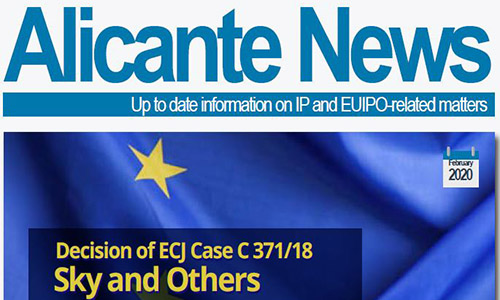Stagnating gender employment gap costs Europe €360 billion per year

New calculations from Eurofound show that the difference in female and male employment rates cost the EU, including the United Kingdom, over €360 billion in 2018. This updated aggregate figure builds upon previous research done by Eurofound on the gender employment gap in 2013. Eurofound researchers have noted that reductions in the cost of the gender employment gap in the EU stagnated between 2015 and 2018, and there are indications that it may be starting to grow again; partially driven by recovery in employment in male-dominated industries.
Upward convergence was recorded between 2008 and 2015, with an overall reduction of the gender employment gap and of Member State disparities. Since 2015 it has stagnated at 11.6 percentage points. At national level, the largest reductions in the gap between female and male employment between 2015 and 2018 were recorded in Malta (4.9 percentage points) and Luxembourg (3.7 percentage points). However, the gap increased in several Member States, such as Greece (increase of 3 percentage points) and Cyprus (increase of 2.1 percentage points) – this is despite them each having seen significant reductions in employment between women and men over the previous 10 years. In 2018, Malta recorded the largest gender employment gap in the EU (22 percentage points), and Lithuania recorded the smallest (2.3 percentage points).
Eurofound’s new calculations on the cost of the gender employment gap come as the European Commission launches an ambitious new strategy to deal with gender inequality in Europe – including proposals on improving women’s access to the labour market and strengthening gender equality at work.
Commenting on findings on the impact of sectoral employment recovery, Martina Bisello, Eurofound Research Officer, said ‘European labour markets are still characterised by a high level of sectoral segregation. The recovery in employment in male-dominated industries such as manufacturing, construction and transportation has to some extent contributed to the stagnation of the gender employment gap in recent years. These positive trends in male employment are to be welcomed and we should now seek to further improve the employment rates of women in Europe.’
Speaking about the overall implications of these findings for policy in Europe, Massimiliano Mascherini, Eurofound Head of Unit for Social Policies, said ‘The stagnation of the gender employment gap between 2015 and 2018, and its associated costs, ended a decade-long trend in comprehensive reductions in the employment gap between women and men – now is the right time for innovative new policies to improve women’s access to the labour market.’
Get the data:
Read more:

